Keywords: Truth Justice And Healing Council
-

AUSTRALIA
- Francis Sullivan
- 20 June 2022
1 Comment
Despite last week’s decision by the Fair Work Commission to push up the national minimum wage by 5.2 percent, millions of Australians, in all parts of the country, will continue to live in poverty and on survival wages. The facts are that the Commission’s decision takes the minimum wage from $772 a week to $812, an increase of $5.70 a day, not a fortune but better than nothing.
READ MORE 
-

RELIGION
- Geraldine Doogue, Greg Craven, John Warhurst, Julian Butler
- 17 June 2022
3 Comments
After four years, the Fifth Plenary Council of Australia is nearly at a close with the second and final assembly in July. So what has been the significance of the Plenary Council so far, and what can we expect from the final session? In this Roundtable, Geraldine Doogue, John Warhurst, Greg Craven and Julian Butler reveal their hopes and expectations for the process and discuss likely outcomes.
READ MORE 
-

AUSTRALIA
- Greg Craven
- 25 January 2022
53 Comments
One reasonably could ask whether this is the moment to write a book about the potential of Catholic Social Theory to contribute to Australian politics and policy. After all, the Church is still struggling to come to terms with decades of child abuse, hardly a recommendation for social potential. We currently also are attempting to make sense of a Plenary that is both confused and confusing.
READ MORE 
-
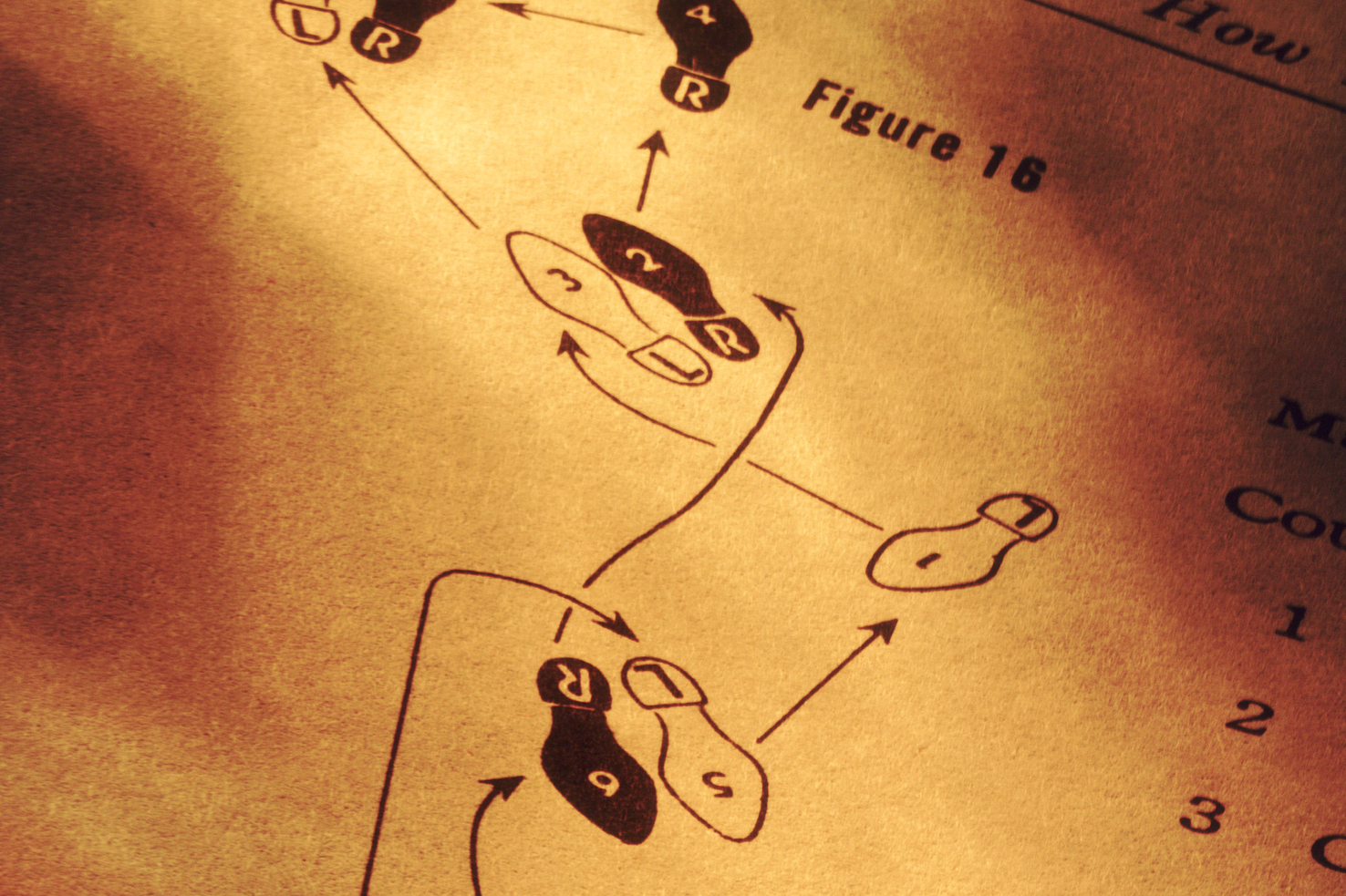
RELIGION
- Francis Sullivan
- 04 January 2022
14 Comments
The First Assembly of the Fifth Plenary Council held few surprises. The program made sure of it. Proceedings were carefully choreographed and the agenda was deliberately anodyne. It took several days before participants found their feet. The upshot was a week devoid of strategic focus.
READ MORE
-

RELIGION
- Francis Sullivan
- 25 October 2021
32 Comments
The First Assembly of the Fifth Plenary Council held few surprises. The program made sure of it. Proceedings were carefully choreographed and the agenda was deliberately anodyne. It took several days before participants found their feet. The upshot was a week devoid of strategic focus.
READ MORE 
-
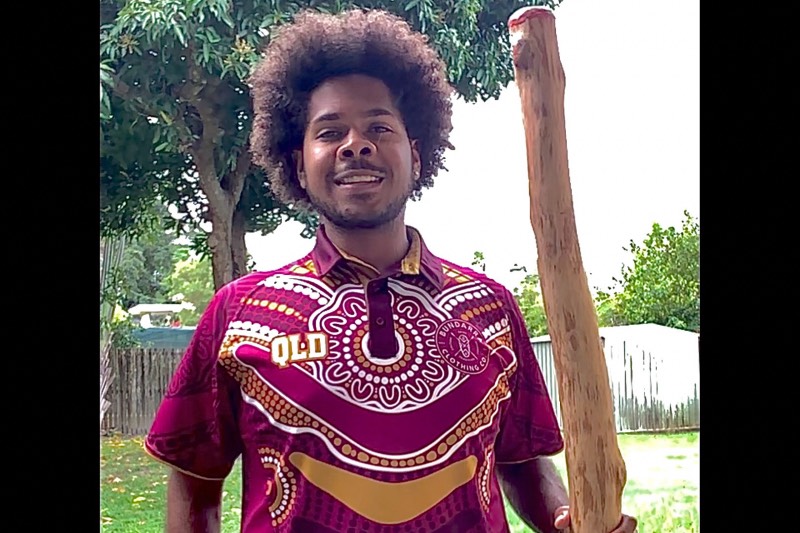
FAITH DOING JUSTICE
The question of reconciliation in the Church is particularly pressing, given 2021 marks the 250th anniversary of the arrival of Christianity in Australia, and the 150th anniversary of the arrival of Christianity to the Torres Strait. Yet many First Australians recognise that the Spirit of God was poured out onto the original inhabitants of this great Southern Land many, many thousands of years prior.
READ MORE 
-

RELIGION
- John Warhurst
- 02 May 2019
26 Comments
Those holding church authority should show the Catholic community that they have learnt the lessons offered by the royal commission by undertaking reforms as soon as possible and by telling us all about them in a spirit of transparency.
READ MORE 
-
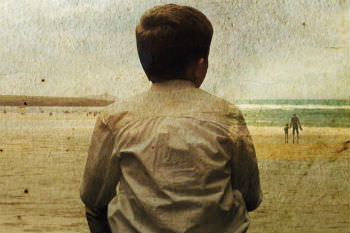
RELIGION
- Tracey Edstein
- 18 February 2019
28 Comments
My hope is that the summit will recognise that the hierarchical nature of the institutional church, and its corollary, clericalism, is the biggest stumbling block to making the church not merely a safe place for all, but the welcoming, compassionate, open community it is intended to be.
READ MORE 
-
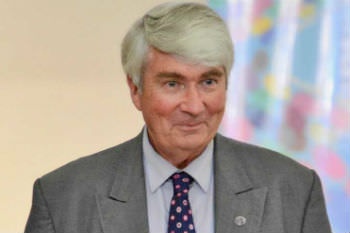
RELIGION
- Frank Brennan
- 18 February 2019
'We can do this better by breaking down the silos and binding together our concern for nature, justice for the poor, commitment to society, and interior peace.' Opening Keynote Address by Fr Frank Brennan SJ at the Catholic Social Services Australia National Conference, Port Macquarie 19 February 2019.
READ MORE
-
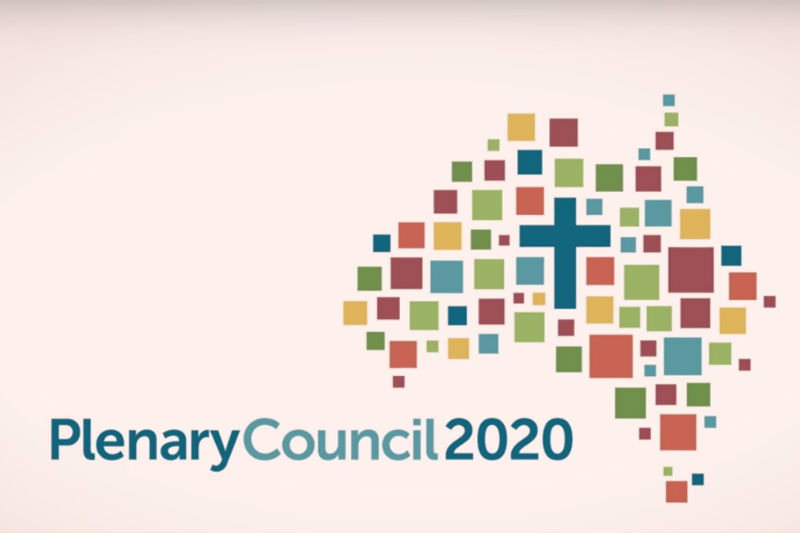
RELIGION
- John Warhurst
- 11 December 2018
53 Comments
Scoring the performance of the Australian church is a complex task at any time. Dioceses and congregations vary enormously. The mission of church agencies continues unabated in education, health, social services and aged care. But by any measure 2018 has been a big year.
READ MORE 
-
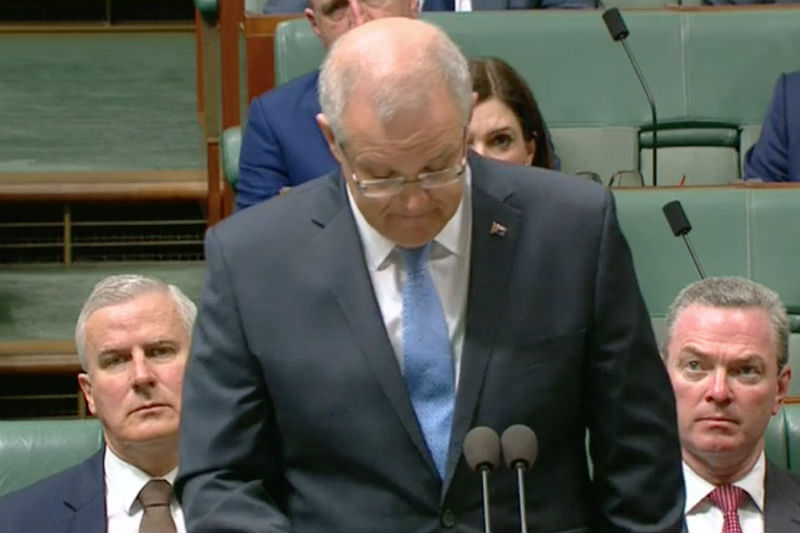
RELIGION
- Frank Brennan
- 21 October 2018
25 Comments
May the Lord have mercy on us all. May the day come when church officials and victims will be comfortable in each other's presence in our Parliament even if not in our Church. But let's dare to pray that all might belong both in the galleries of our Parliament and in the pews of our Church seeing the light in fullness of days.
READ MORE 
-
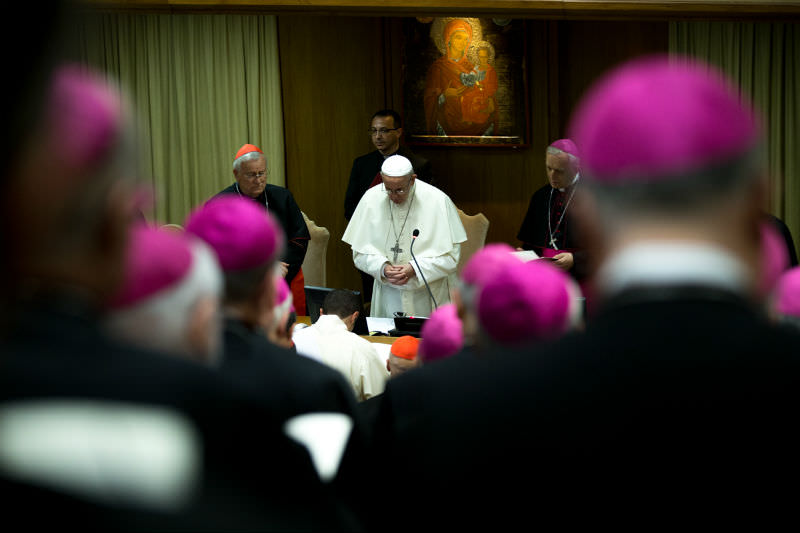
RELIGION
- Gail Grossman Freyne
- 05 October 2018
26 Comments
The numbers show this is not a witch hunt, merely the tip of a conclave. Any man who becomes a seminarian, then a deacon, then a priest, then a bishop, then a cardinal, will almost certainly have bumped into, bounced off or blindfolded himself to the endemic problem within the Church of the sexual abuse of children and vulnerable persons.
READ MORE 